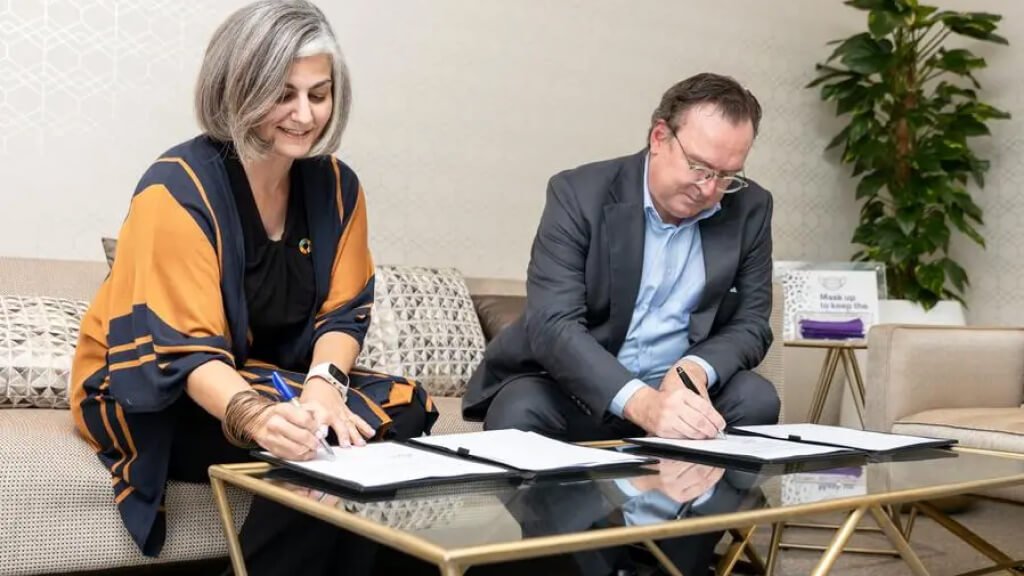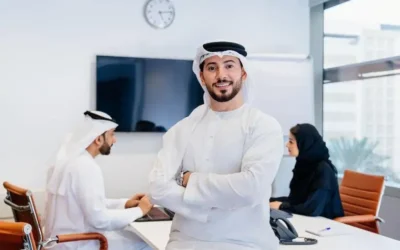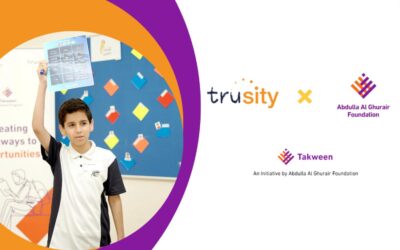Driving Emirati Youth employment in the private sector essential to achieving UAE’s 50-year vision
Dubai, United Arab Emirates – Following a recent Memorandum of Understanding, Accenture (NYSE: ACN) and the Abdulla Al Ghurair Foundation launched a joint research paper titled ‘The 3 C’s of Bridging the Emirati Employment Gap’. The report sets out the need for a targeted approach and multi-stakeholder partnerships to enhance the skills and employability of Emirati youth in the private sector, a critical component of the UAE’s Centennial Plan 2071.
Local government officials have previously cited the need for more Emiratis to graduate with skills aligned with the job market, specifically science, technology, engineering and math (STEM) competencies, and critical and analytical thinking skills. His Highness Sheikh Mohammed bin Rashid Al Maktoum sees the digital economy as the key to growth and global competitiveness, and the youth are at the center of these ambitions.
The barriers to higher Emirati employment in the private sector cut across various dimensions, including a gap between education and the needs of the job market, as well as cultural perceptions, differences in compensation and benefits across sectors, and other challenges that the report details further.
“Given the UAE’s ambitious plans for the next 50 years, the government, the private sector, and education providers must work together to support young people in reaching their full potential,” said Dr. Sonia Ben Jaafar, CEO of Abdulla Al Ghurair Foundation. “The partnership between Accenture and the Foundation showcases our commitment to recognize and respond to the evolving needs of the workplace and take actionable progress to upskilling Emirati youth as they enter the labor market, especially in private sector roles.”
Report findings were gathered during multiple events at Expo 2020. Moreover, the Foundation recently launched the Al Ghurair Foundation Youth Advisory Council to embed youth voices throughout the process.
“To achieve the ambitions in the report at scale, the designing and implementing of the upskilling initiatives and programs will require buy-in and participation from ecosystem stakeholders – including the private sector, government, Emirati youth and education providers,” said Alexis Lecanuet, Accenture’s regional managing director in the Middle East. “Our newest collaborative effort with the Foundation reaffirms Accenture’s commitment to equipping Emirati youth with the technical and transferable skills necessary to thrive in the future knowledge-based economy.”
To empower future generations with critical 21st-century knowledge and skills, stakeholders need to adhere to the Triple C’s:
- Comprehensive: Combining technical and transferable skills is more critical than ever in a digital world. Those who work collaboratively, cooperatively, and creatively are more likely to succeed.
- Contextualized: Tailoring to specific needs and interests of the labor market and understanding the local employability challenges such as language barriers.
- Centered: Placing the learner at the center of the process and ensuring they are active in developing skills, whether thinking, questioning, or researching.



